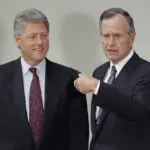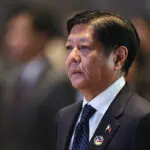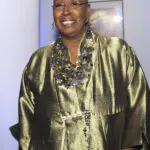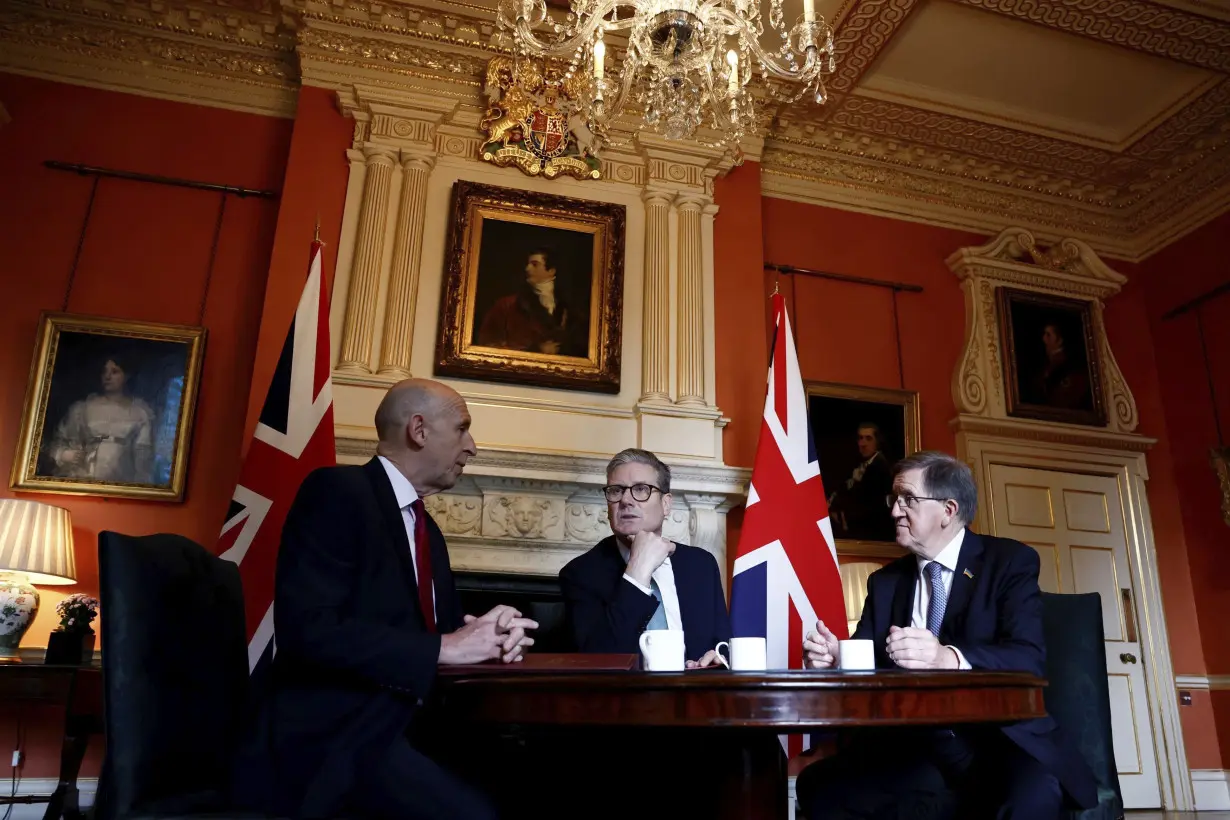LONDON (AP) — Former NATO leader George Robertson will lead a review of Britain’s military strategy to counter what he calls the “deadly quartet” of China, Iran, Russia and North Korea.
Prime Minister Keir Starmer announced the strategic defense review on Tuesday as one of his first major acts after taking office on July 5. Starmer who leads a center-left Labour Party government, has promised to end the shrinking of the U.K.’s military seen during 14 years of Conservative Party rule.
Starmer also says he will increase defense spending to 2.5% of GDP from its current level of about 2.3%, but has not set a deadline. He said spending would be “responsibly increased” to bolster Britain’s “hollowed-out armed forces.”
The Ministry of Defense said the review would aim to strengthen U.K. homeland security, bolster Ukraine in its fight against Russia, and “modernize and maintain” Britain’s nuclear arsenal.
Robertson, a former British defense secretary — who was NATO Secretary-General between 1999 and 2003 — will be assisted by ex-White House adviser Fiona Hill and Gen. Richard Barrons, a former director of operations for the U.K. armed forces.
Robertson told British reporters that the U.K. and its NATO allies were “confronted by a deadly quartet of nations, increasingly working together,” referring to Russia, Iran, North Korea and China.
The U.K. has refrained from calling China a threat, with officials often referring to it as a “strategic challenge.”
At a summit in Washington last week, the 32-nation Western military alliance called China a “decisive enabler” of Russia’s war against Ukraine, its most serious rebuke yet against Beijing. China insists that it does not provide military aid to Russia but has maintained strong trade ties with its northern neighbor since Russia’s invasion of Ukraine.
The review is scheduled to issue its report in the first half of 2025 and will help set Britain’s defense policy for the next decade.
“We need to be clear-eyed about the threats we face, with the world becoming more volatile and technology changing the nature of warfare,” U.K. Defense Secretary John Healey said. “In response, our armed forces need to be better ready to fight, more integrated and more innovative.”

 Biden's White House invitation to Trump continues a tradition Trump shunned in 2020
Biden's White House invitation to Trump continues a tradition Trump shunned in 2020
 Companies are buying up cheap carbon offsets − data suggest it’s more about greenwashing than helping the climate
Companies are buying up cheap carbon offsets − data suggest it’s more about greenwashing than helping the climate
 Trump offers Elise Stefanik job as US ambassador to UN, CNN reports
Trump offers Elise Stefanik job as US ambassador to UN, CNN reports
 UN climate talks to focus on money to help poor nations cut carbon pollution
UN climate talks to focus on money to help poor nations cut carbon pollution
 'I got my life back.' Veterans with PTSD making progress thanks to service dog program
'I got my life back.' Veterans with PTSD making progress thanks to service dog program
 Philippines' Marcos signs tax reform law to lure foreign investment
Philippines' Marcos signs tax reform law to lure foreign investment
 What to stream: Mike Tyson vs. Jake Paul, 'Bad Sisters,' Shawn Mendes and 'Deadpool & Wolverine'
What to stream: Mike Tyson vs. Jake Paul, 'Bad Sisters,' Shawn Mendes and 'Deadpool & Wolverine'
 Judith Jamison, a dancer both eloquent and elegant, led Ailey troupe to success over two decades
Judith Jamison, a dancer both eloquent and elegant, led Ailey troupe to success over two decades
 Jake Bates makes 52-yarder at buzzer, Lions overcome Jared Goff's 5 INTs to rally past Texans 26-23
Jake Bates makes 52-yarder at buzzer, Lions overcome Jared Goff's 5 INTs to rally past Texans 26-23

